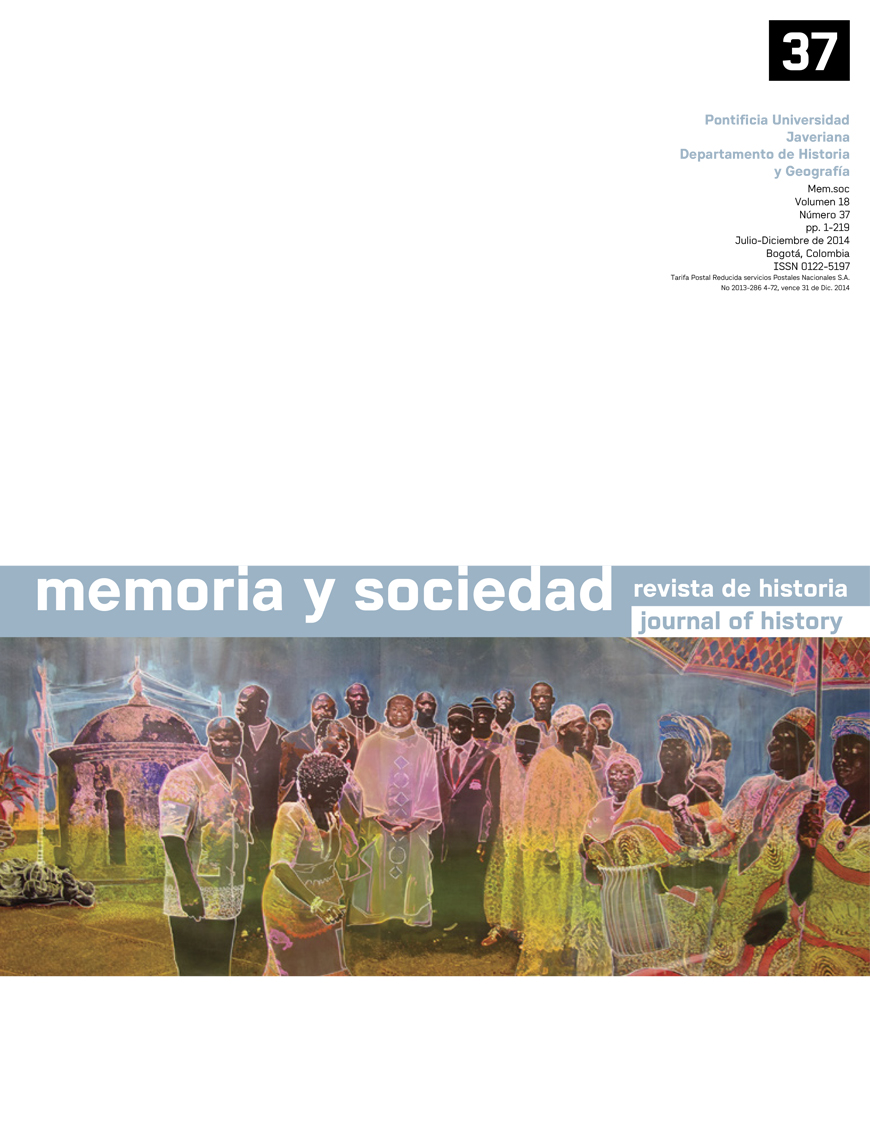Abstract
The word prostitution does not only refer to the exchange of sex for money or goods, but mainly, to a kind of human behavior which has been defined and stigmatized as a social deviance because of the sexual practices related to it. This understanding of prostitution arises through specific historical processes in the Western world, specially in the dialectical construction of a "legitimate" and an "illegitimate" sexuality. In this conception, marriage and dating relationships are the only situations in which sex is permitted. The validity of this understanding of prostitution continues nowadays and, despite its Western origins, it has marked the interpretations of prostitution in non-Western contexts. How was this understanding of prostitution built in the West? What images and reviews about prostitution or prostitutes were legitimized through this understanding to date? Which has been the influence of this understanding of prostitution on the interpretation of exchange of sex for money or goods in non-Western contexts, such as in Africa? These are the questions that will be addressed herein.The journal Memoria y Sociedad is registered under a Creative Commons Attribution 4.0 International Public License. Thus, this work may be reproduced, distributed, and publicly shared in digital format, as long as the names of the authors and Pontificia Universidad Javeriana are acknowledged. Others are allowed to quote, adapt, transform, auto-archive, republish, and create based on this material, for any purpose (even commercial ones), provided the authorship is duly acknowledged, a link to the original work is provided, and it is specified if changes have been made. Pontificia Universidad Javeriana does not hold the rights of published works and the authors are solely responsible for the contents of their works; they keep the moral, intellectual, privacy, and publicity rights.
Approving the intervention of the work (review, copy-editing, translation, layout) and the following outreach, are granted through an use license and not through an assignment of rights. This means the journal and Pontificia Universidad Javeriana cannot be held responsible for any ethical malpractice by the authors. As a consequence of the protection granted by the use license, the journal is not required to publish recantations or modify information already published, unless the errata stems from the editorial management process. Publishing contents in this journal does not generate royalties for contributors.

